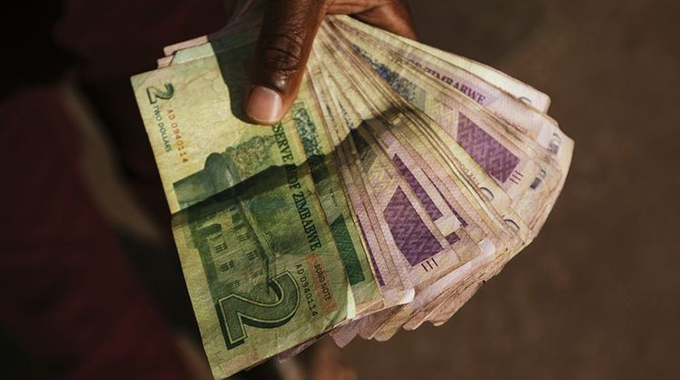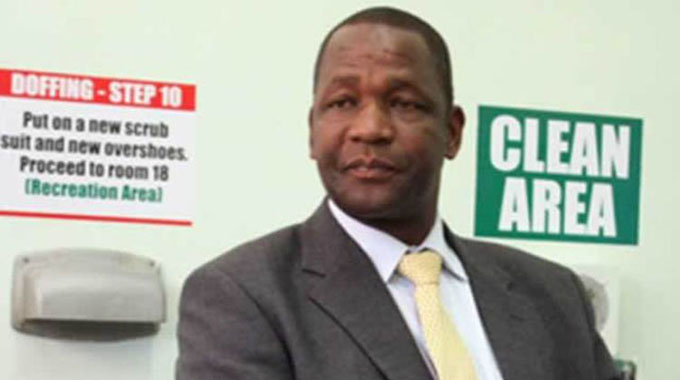Editorial Comment: Criminalise street cash sales

The recent corrective action taken by Zimbabwe’s largest plastic money payment platform, EcoCash, which saw 4 000 errant agents being suspended for illegally selling cash on high premium, is a welcome development.
However, more needs to be done to end the rot.
EcoCash’s decision shows the company’s seriousness in dealing with the rot associated with illegal cash sales on the streets.
The situation has gone out of hand with desperate commuters being forced to buy cash from the agents at extortionist rates.
Commuter operators, except for the conventional Zupco buses, are demanding fares in cash and the people are arm-twisted to buy cash from agents.
Most agents have resorted to illegally charging premiums of up to 55 percent to customers in need of cash.
So bad has become the situation that some kombi operators, retailers, wholesalers, ice cream vendors and other traders have set up illicit “cash wholesalers” where vendors get cash at lower rates ranging between 35 and 40 percent for resale on higher rates.
In simple terms, the illegal cash traders are just collecting 55 percent of everyone’s earnings.
If one wants cash for his RTGS salary of $1 000, he or she pays the agents $550 and remains with $450.
That is daylight robbery and the people of Zimbabwe should stand up and fight the illicit cash sales on the streets.
This has strained the masses who are finding it difficult to make ends meet. Yes, EcoCash has played its part by firing warning shots, but it remains a fact that there is no law criminalising the conduct.
Although EcoCash agents are dominating the illicit cash sales on the streets, there are other smaller traders who just take a table and a chair and sit at an open space to sell money.
That is common practice with kombi or tuckshop owners who realise smaller amounts of cash daily and channel it to the market for a premium.
That group of cash vendors is not affected, in any way, by the corrective measures taken by EcoCash against its errant agents.
Despite the reported suspension of 4 000 EcoCash agents, there is no sign of reformation on the part of other agents who are still operating.
If the 4 000 were surely suspended, then the impact is quite insignificant as the agents continue with their illicit activities without fear.
It is also a fact that Econet also makes money out of the transactions, legal or unlawful, hence the fight cannot easily be won.
Section 14(1) of the Bank Use Promotion Act makes it unlawful to trade in cash without a licence, but it is silent on the punishment for the conduct.
To that end, it becomes clear that the conduct is unlawful, but it is not criminal. Government now needs to act with speed to ensure the conduct is criminalised.
Introduction of a law that criminalises the illicit sale of cash on the streets is the best way to go.
The proposed law must ensure such economic saboteurs are jailed for deterrence.
Most importantly, that piece of legislation, if enacted, must be fully enforced to ensure all the offenders face the wrath of the law.
If the people have a law, but the law enforcement decide to turn a blind eye on illegal cash trading on the streets, we will never win the war.
So the mere enactment of a law without willpower to enforce it, is a futile exercise.
The Reserve Bank of Zimbabwe, should also inject more notes and coins into circulation to get rid of the cash shortages.
That can be another way of managing the crisis.










Comments